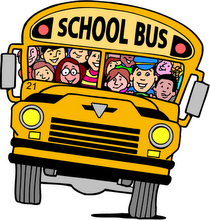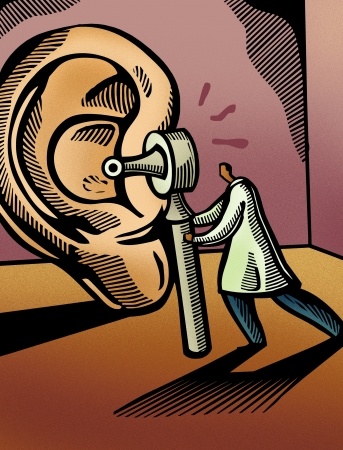Cheating death and fighting communism: that is how a fellow officer once described our job. It was meant to be funny, but as time went on it seemed all too true.
I spent more than ten years in law enforcement, all of it on the street in uniform patrol. I've been a patrol officer, instructor, sergeant and lieutenant.
Do not report crimes here. Nothing here should be considered legal advice. All opinions are my own.
No, stopping someone without reasonable articulable suspicion would be a violation of the 4th Amendment of the US Constitution and a bunch of state laws and department policies.
Speeding, even if "everyone does it" is still illegal, hence the reason why you were stopped.
Call your local police department and ask for their assistance. They will know what to do.
Reasonable suspicion and probable cause are built by the totality of the circumstances, which may include a citizen complaint. It is impossible for me to tell you how the officers in your case established either since I was not there and I am not privy to the details of the investigation.
No exact routes are ever taken/repeated. It would be a good way to be ambushed and that's never a good day.
School Bus Driver
 If your bus is in an accident that was ruled your fault, would you lose your job?
If your bus is in an accident that was ruled your fault, would you lose your job?
Audiologist
 Are earbuds dangerous for my ears?
Are earbuds dangerous for my ears?
Antiques Dealer
 If you buy an item that turns out to be stolen, do you have to turn it over to the police?
If you buy an item that turns out to be stolen, do you have to turn it over to the police?
Every department has their own protocol. First duty is to protect life: citizens, officers, criminals (and in that order.) Until the scene is made safe, no investigation can begin. Once everything is safe, medical aid is rendered for anybody that is injured. By this time, a sergeant or lieutenant is on scene and takes command. Depending on the agency, either they or an outside department will handle the investigation of the use of force. A CSI unit would probably be involved, but they are only a support unit to document and collect evidence. They don't do any investigation.
The involved officers give a brief statement to the responding supervisor about what happened and are separated from the other officers who are investigating the incident. How/when the officers are interviewed varies from department to department. Officers are entitled to legal counsel as is anyone being investigated for potential criminal acts.
It is impossible for me to tell you where you might like to work. If you've never lived in a large city, you might love - or hate- it. Same thing about working in a smaller area.
From my personal experience, I would prefer a smaller department of 50-75 officers if I was starting all over. Ideally, it would be suburban to rural. I've worked for a very urban area and for a smaller department in a suburban bordering on rural area. You get a lot more of the exciting calls in a short amount of time in the urban areas, but you can also burn out much quicker.
The upside to a large agency is you get a lot of opportunity to work in specialized units that you don't have in smaller areas/departments. For example, a marine unit, aviation unit, SWAT unit, etc. But smaller areas will sometimes pool resources for multi-jurisdictional units (like SWAT teams formed with officers from several regional departments.)
I'd suggest doing a few ride-alongs with different departments in different areas and get a feel for what things are like.
Thanks for the compliments. I am not an ethical expert, but I have always tried to do the right thing. Teaching me that is one of the many things I thank my father for, and hope to impart to my own children.
If the situation is a casual encounter, and the officer is not involved in some type of enforcement activity (traffic stop, investigating your involvement in a domestic dispute, etc.) I don't see it as a problem. I see it similar to a UPS driver who is grabbing a soda at a store and talks to someone in the parking lot. As with all social encounters, discretion and tact are important.
Of course, some departments might have more restrictive policies. But, I don't see it as being an ethical problem.
-OR-
 Login with Facebook
Login with Facebook (max 20 characters - letters, numbers, and underscores only. Note that your username is private, and you have the option to choose an alias when asking questions or hosting a Q&A.)
(A valid e-mail address is required. Your e-mail will not be shared with anyone.)
(min 5 characters)
By checking this box, you acknowledge that you have read and agree to Jobstr.com’s Terms and Privacy Policy.
-OR-
 Register with Facebook
Register with Facebook(Don't worry: you'll be able to choose an alias when asking questions or hosting a Q&A.)